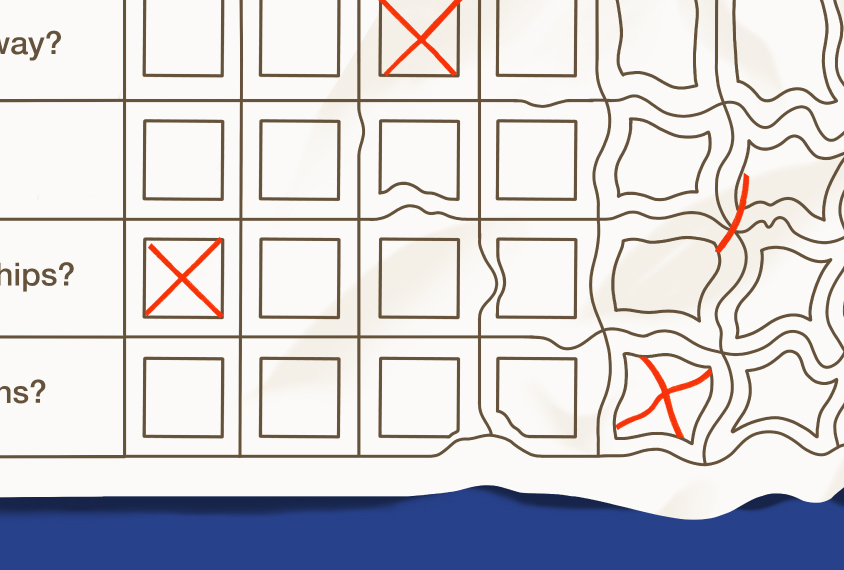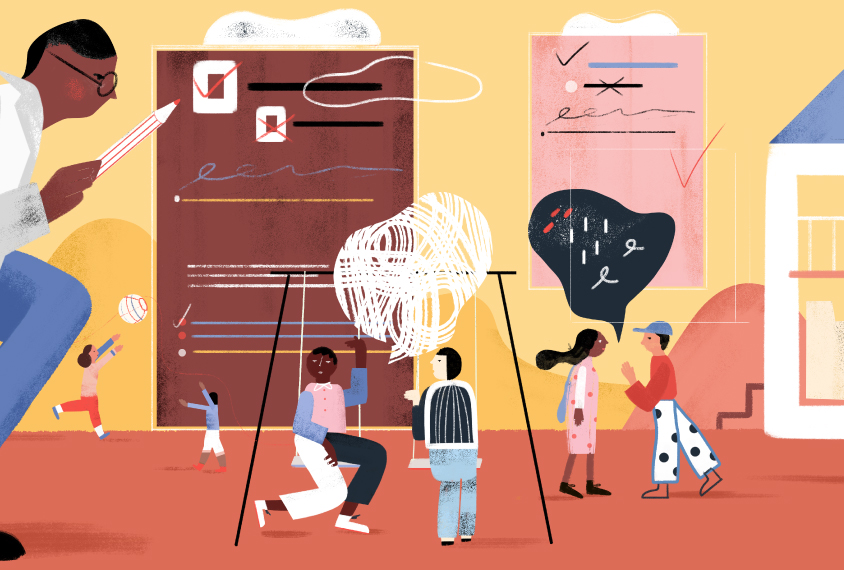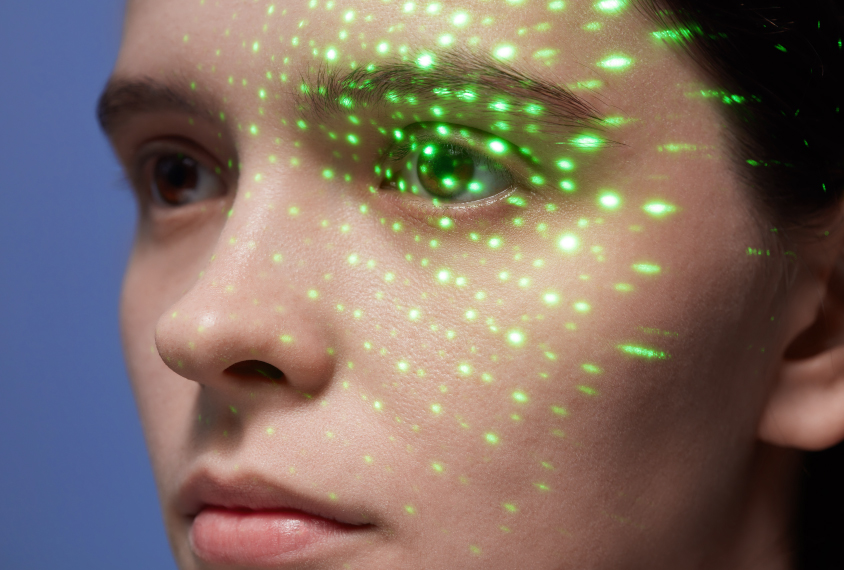Thomas Frazier is professor of psychology at John Carroll University in University Heights, Ohio.
Thomas Frazier
Professor of psychology
John Carroll University
From this contributor
Tempering tales of a new autism measure: A conversation with Thomas Frazier
The questionnaire, designed to screen children for autism, isn’t ready for clinical use without further validation, contrary to what some overblown newspaper headlines reported.

Tempering tales of a new autism measure: A conversation with Thomas Frazier
In search of ‘social’ subtypes of autism
Grouping autistic people based on their social abilities may reveal subtypes of the condition.

In search of ‘social’ subtypes of autism
Studies of gaze could improve diagnosis, treatment of autism
Understanding how gaze differs in autistic people may help improve their lives.

Studies of gaze could improve diagnosis, treatment of autism
Navigating autism’s gender gap
The number of people in a study, the proportion of male and female participants, and many other factors can affect research on sex differences in autism, says Thomas Frazier.
Explore more from The Transmitter
Astrocytes orchestrate oxytocin’s social effects in mice
The cells amplify oxytocin—and may be responsible for sex differences in social behavior, two preprints find.

Astrocytes orchestrate oxytocin’s social effects in mice
The cells amplify oxytocin—and may be responsible for sex differences in social behavior, two preprints find.
Neuro’s ark: Spying on the secret sensory world of ticks
Carola Städele, a self-proclaimed “tick magnet,” studies the arachnids’ sensory neurobiology—in other words, how these tiny parasites zero in on their next meal.

Neuro’s ark: Spying on the secret sensory world of ticks
Carola Städele, a self-proclaimed “tick magnet,” studies the arachnids’ sensory neurobiology—in other words, how these tiny parasites zero in on their next meal.
Autism in old age, and more
Here is a roundup of autism-related news and research spotted around the web for the week of 2 March.

Autism in old age, and more
Here is a roundup of autism-related news and research spotted around the web for the week of 2 March.
